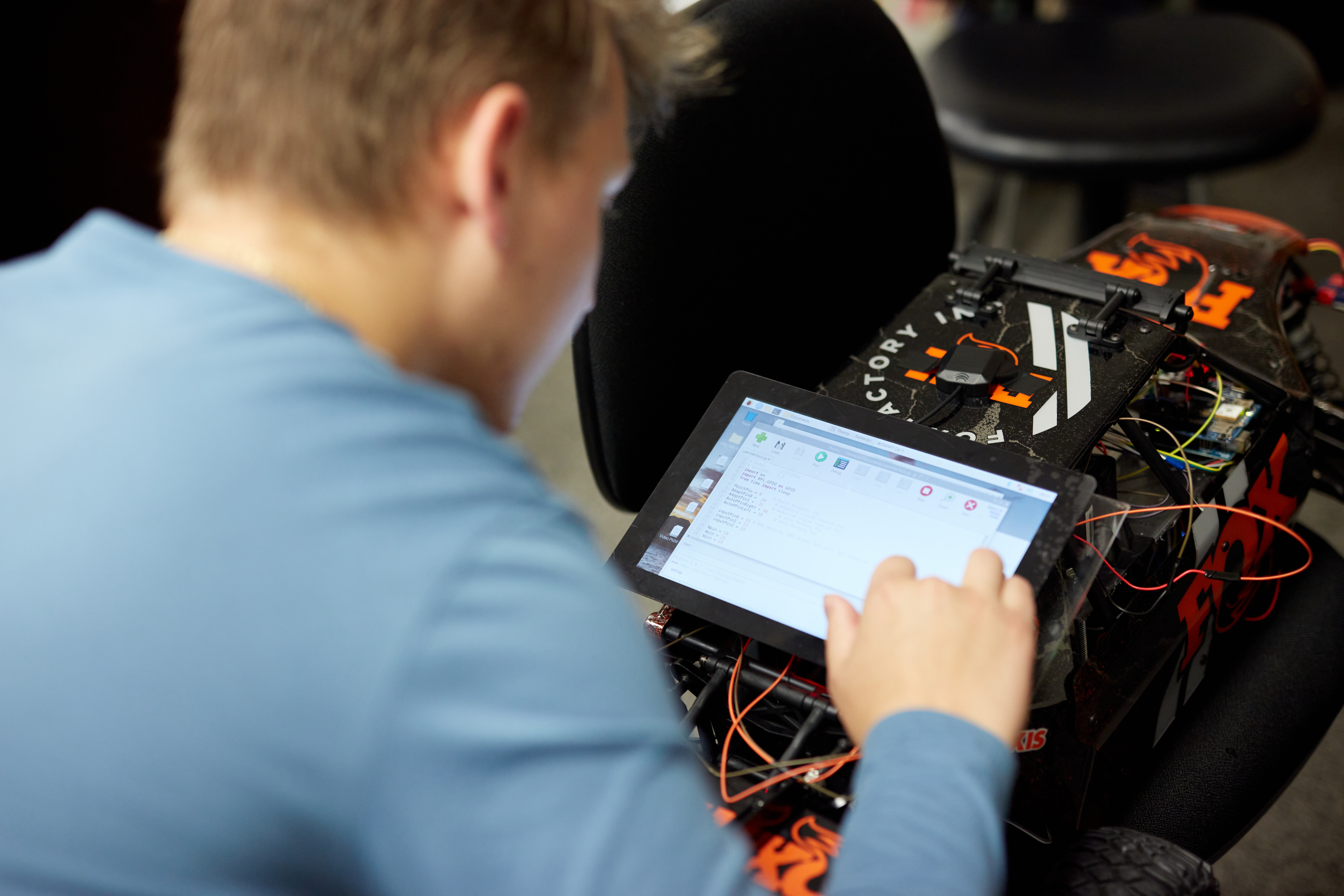
Innovation in Engineering
The graduate curriculum at LMU is designed to support the advanced technical knowledge, enhanced professional growth, and deepened industry understanding necessary for a successful career in tech, medicine or the sciences. Our programs offer individualized support and mentorship from faculty advisors as you navigate the next steps in your program and career.
Apply NowTop 100
"Best National Universities"
The Princeton Review, 2024
Top 60
Most Innovative School
U.S. News & World Report, 2023
18 Months
Minimum Time to Degree
16
Average Graduate Class Size
Driving Innovation
Loyola Marymount University (LMU) Frank R. Seaver College of Science and Engineering offers Master's degrees in Civil Engineering, Computer Science, Electrical Engineering, Environmental Science, Mechanical Engineering and Systems Engineering. Our graduate students benefit from the mentorship of faculty who bring expertise from academia and industry.
Our programs are designed for working professionals or full-time students and can be completed in as quickly as 18 months. Strategically located near aerospace/defense companies and L.A.’s tech hub of Silicon Beach, our programs allow students to innovate in Los Angeles while forming vital industry connections. Most science and engineering graduate degrees below have an MS/MBA dual degree option available.
Upcoming Start Dates
| Start Term | Application Deadline | First Day of Class |
|---|---|---|
| Summer I 2024 | March 1, 2024 | May 13, 2024 |
| Summer II 2024 | April 1, 2024 | June 24, 2024 |
| Fall 2024 | July 1, 2024 | August 26, 2024 |
Ready to Apply?
Apply now to join our next cohort. Begin your application before our next deadline.
Degree Programs
Civil Engineering
(M.S.E.)
Specialize in environmental or water resoures engineering. Great for strengthening a science degree with an engineering degree.
Learn More: Civil Engineering
Computer Engineering
(M.S.E.)
Explore topics spannign machine learning, cryptography, computer networks and more. Graduate students work alongside faculty in both applied and theoretical areas of electrical and computer engineering.
Learn More: Computer Engineering
Curriculum is built on the principles of open-source culture. Graduate students work with robots, drones, smart TVs, loT devices and more.
Learn More: Computer Science
Gain experience in the areas of communication systems, electronic circuits, radar engineering, and more. Graduate students develop skills in deep learning, autonomous systems, photonics, and more.
Learn More: Electrical Engineering
Environmental Science
(M.S.)
Engage in applied research opportunities while learning about global urban coastal resource management and climate change adaptation. Graduate students in this program have the option to pursue an engineering degree.
Learn More: Environmental Science
Explore additive manufacturing, robotics and more. Graduate students participate in cutting-edge research alongside faculty in LMU labs.
Learn More: Mechanical Engineering
Develop engineering and project management skills while honing a technical focus of your choice. Areas include aeronoautics and space systems, cybersecurity, software architecture, and more.
Learn More: Systems Engineering
Program Benefits
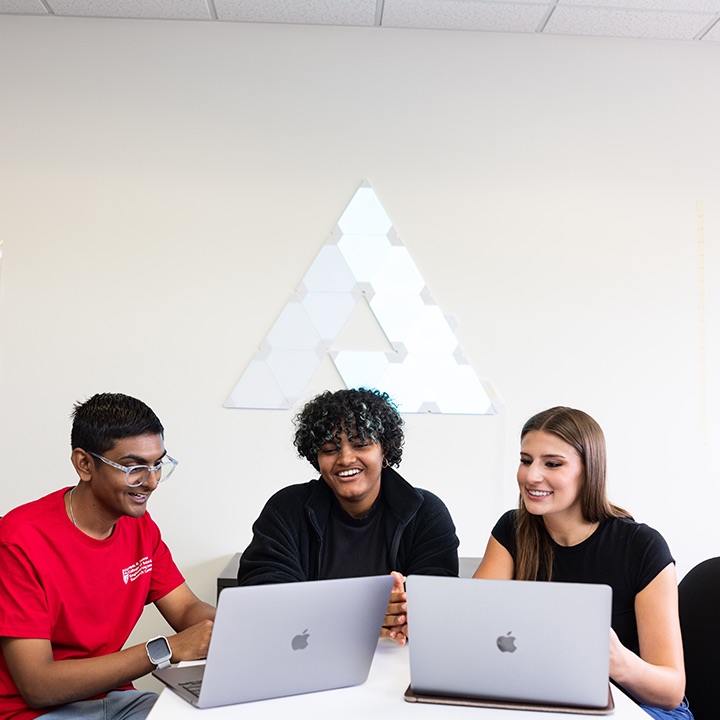
Real-World Learning & Impact
We cultivate the next generation of innovative problem solvers through experiential learning. We'll challenge you and support your need to build skills, grow professionally, and deepen your industry knowledge.
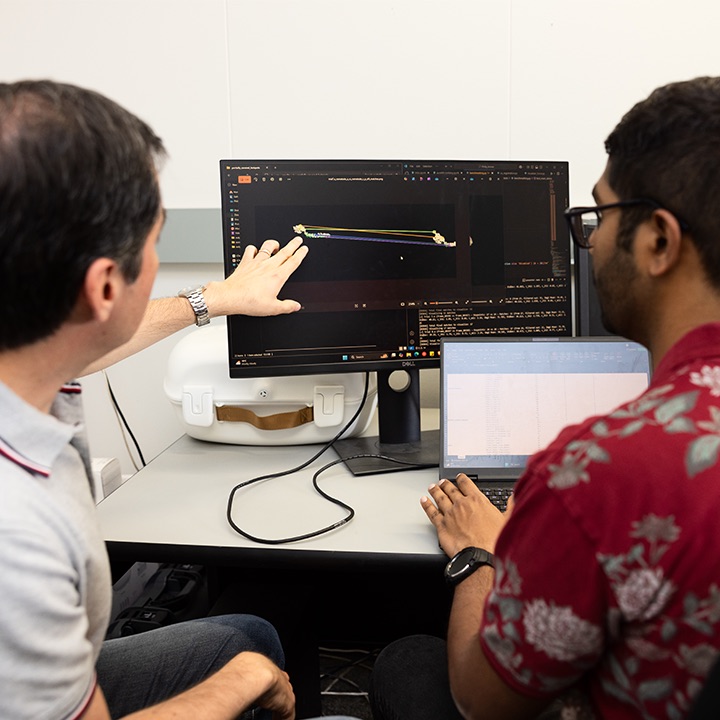
Faculty Mentorship
You’ll learn from and alongside our world-class faculty, who are recognized leaders in engineering and science. As dedicated mentors, they will guide you through your academic and professional journey.
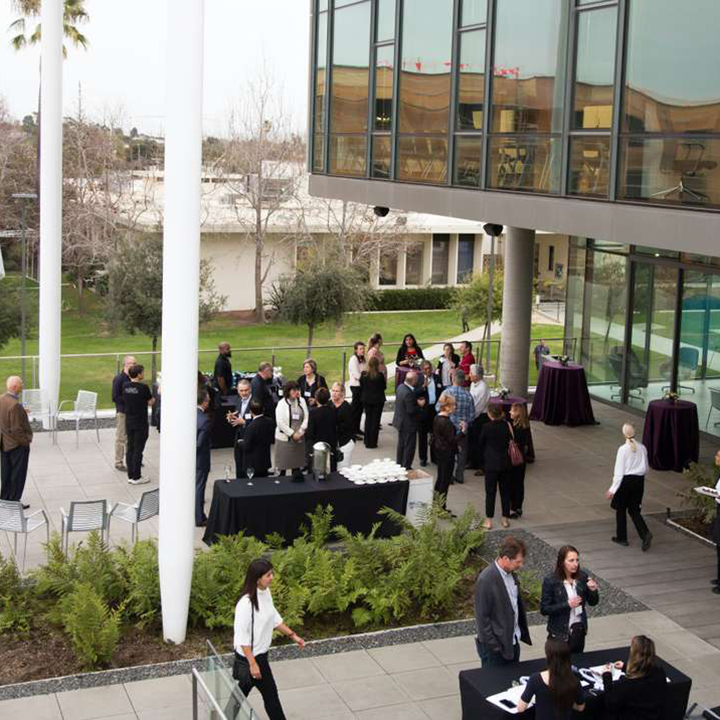
Connect with L.A.’s Tech Industry
LMU is adjacent to Silicon Beach, home to 500+ tech start-ups and global giants such as SpaceX, Facebook, and Google. Our faculty are the gateway to industry partners that can elevate your career.
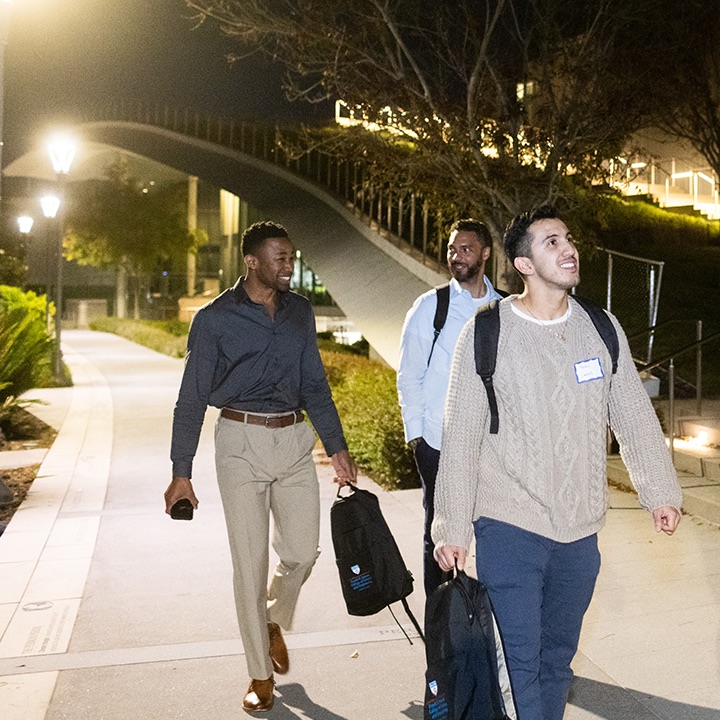
Flexible Class Schedule
Select from two evening class schedules, designed to adapt to individual needs and accommodate the busy schedules of working professionals. Our flexibility allows you to proceed at your own pace.
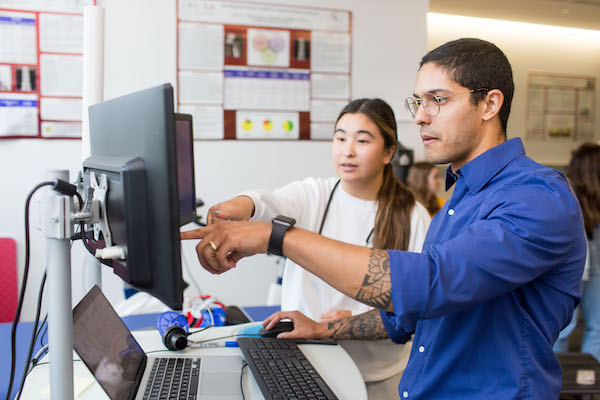
The LMU Advantage
At its core, LMU is guided by the Jesuit philosophy of educating the whole person – in mind, body, and spirit. Our three campuses are part of the fabric of Los Angeles, a global capital for arts and entertainment, innovation and technology, business and entrepreneurship. Students participate in cutting-edge research and unique academic experiences in the surrounding city and throughout the world.
Want to Learn More?
Request more information to learn more about upcoming program cohorts.
LMU Frank R. Seaver College of Science and Engineering
1 LMU Drive, MS 8135
Los Angeles, CA 90045
310.338.2834 | seaver@lmu.edu
OFFICE HOURS:
Mon-Fri: 8:00 a.m.–5:00 p.m. PT